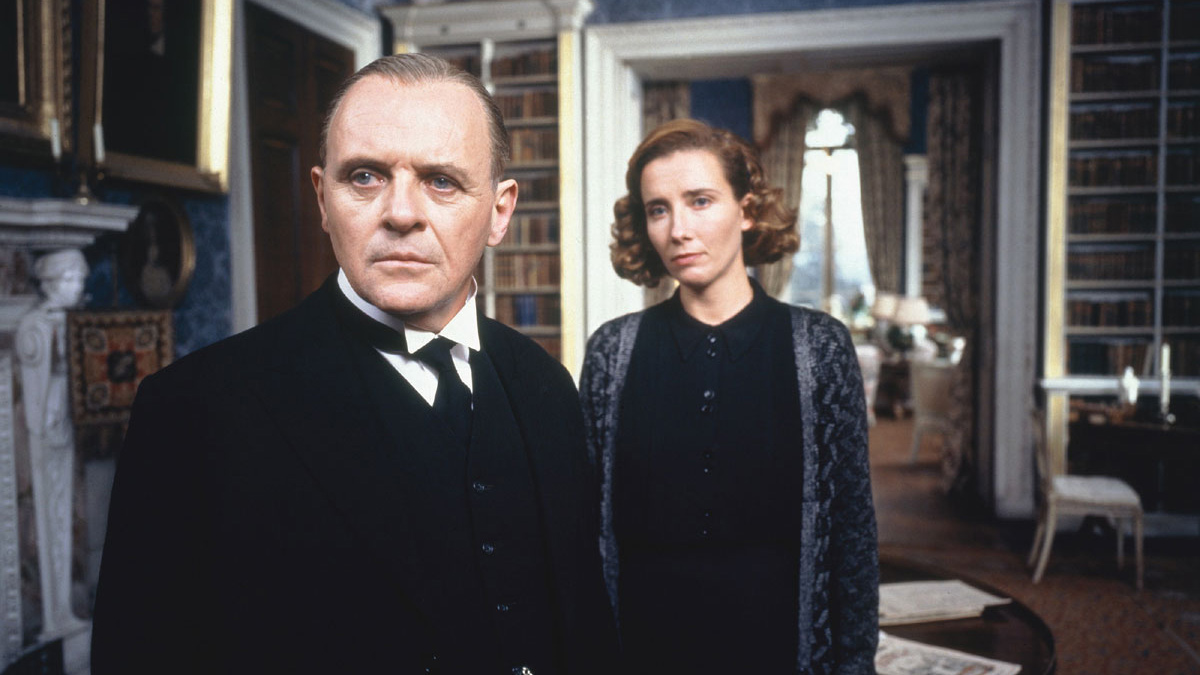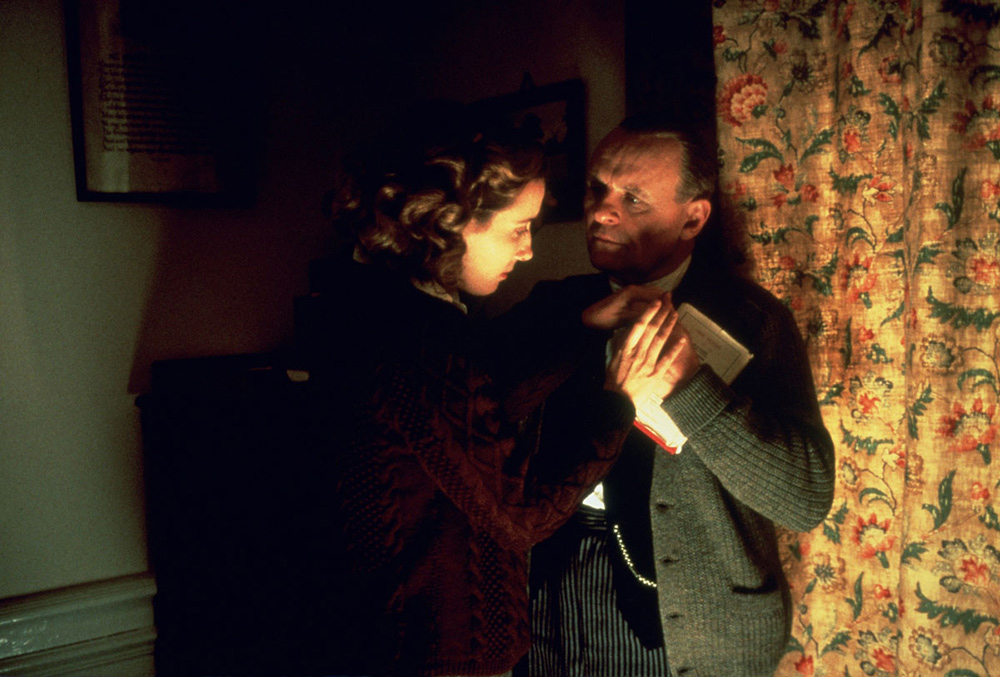
©1993 COLUMBIA PICTURES INDUSTRIES, INC. ALL RIGHTS RESERVED.
“The Remains of the Day” The “selfless servitude” lifestyle exemplified by Anthony Hopkins can be compared to anyone’s life.
2021.04.24
journey to past time
The opening scene is set in the 1950s. The main character, Stevens, has lived a selfless life as a butler at Lord Darlington's mansion, but when he receives a letter from Miss Kenton, the head maid who used to work at the mansion, for the first time in seven years, he realizes that he has been with her for 20 years. In order to meet again for the first time, I take a vacation and go on a trip alone.
20 years ago. Kenton, who appeared in front of Stevens, was very capable and worked well with Stevens on a number of tasks. She also secretly has a crush on Stevens, who is a little difficult, but he doesn't realize it. Even if he was aware of it, he would not be able to live his life in a way that would prioritize his own feelings. It is his pleasure to serve Lord Darlington, the owner of the mansion. He is too devoted to his job, and is too busy to be present at the deathbed of his father, who also works at the same mansion (it's a heartbreaking scene).
In the original novel, the main character is the storyteller, and the story progresses from his perspective. On the other hand, since the film is not in the form of his narration, the emotions can be read through Hopkins' performance as Stevens. As a butler, he has to act in a way that conveys his inner feelings to the viewers, even though he doesn't show his emotions. It's such a difficult role. On the other hand, the head maid, Miss Kenton, played by Emma Thompson, is sharp and tells Stevens exactly what she thinks. The balance between the dynamic Thompson and the static Hopkins is superb.

“The Remains of the Day” ©1993 COLUMBIA PICTURES INDUSTRIES, INC. ALL RIGHTS RESERVED.
By the way, according to the afterword of the original novel (published by Chuko Bunko), the famous translator of this novel, Masao Tsuchiya, modeled his role on Michael Gough, who plays the butler in Batman (1989, directed by Tim Burton), when translating it. He says he proceeded with the translation while envisioning this in his mind. In the novel version, both Stevens and Miss Kenton have a more subdued impression, but the movie version has a more dramatic impression as the slightly toxic personalities of the actor and actress collide.
An unforgettable scene in the middle is when Miss Kenton gradually approaches Stevens, wanting to know the title of the book he is secretly reading. It is a famous scene that gradually brings out the hidden romantic feelings between the two. Also, in the second half of the film, there is a scene where Miss Kenton is crying when she decides to marry Ben, whom she doesn't particularly like, when Stevens appears. The original story depicts the scene more simply, but in the movie version, the misunderstanding between the two is depicted in a cruel manner. Unlike the novel, which has a somewhat dull impression, the inner conflict between the two is clearly depicted overall.
When the film was being made, directed by Mike Nichols and written by Harold Pinter, there was talk of Jeremy Irons and Meryl Streep co-starring ( The French Lieutenant's Woman (1981), written by Pinter). However, the two co-starred), and after seeing the completed film, I can't think of anyone else in the cast other than Hopkins and Thompson. The final scene at dusk, where they meet again for the first time in 20 years, is a truly heart-warming scene. Will humanity's lost time come back? The bittersweet answer to that question can be read through the two's great performances.

